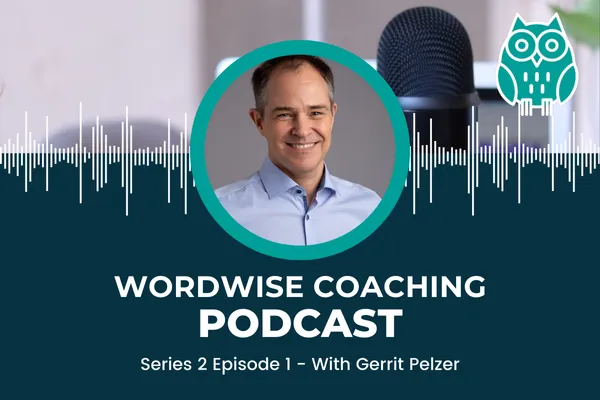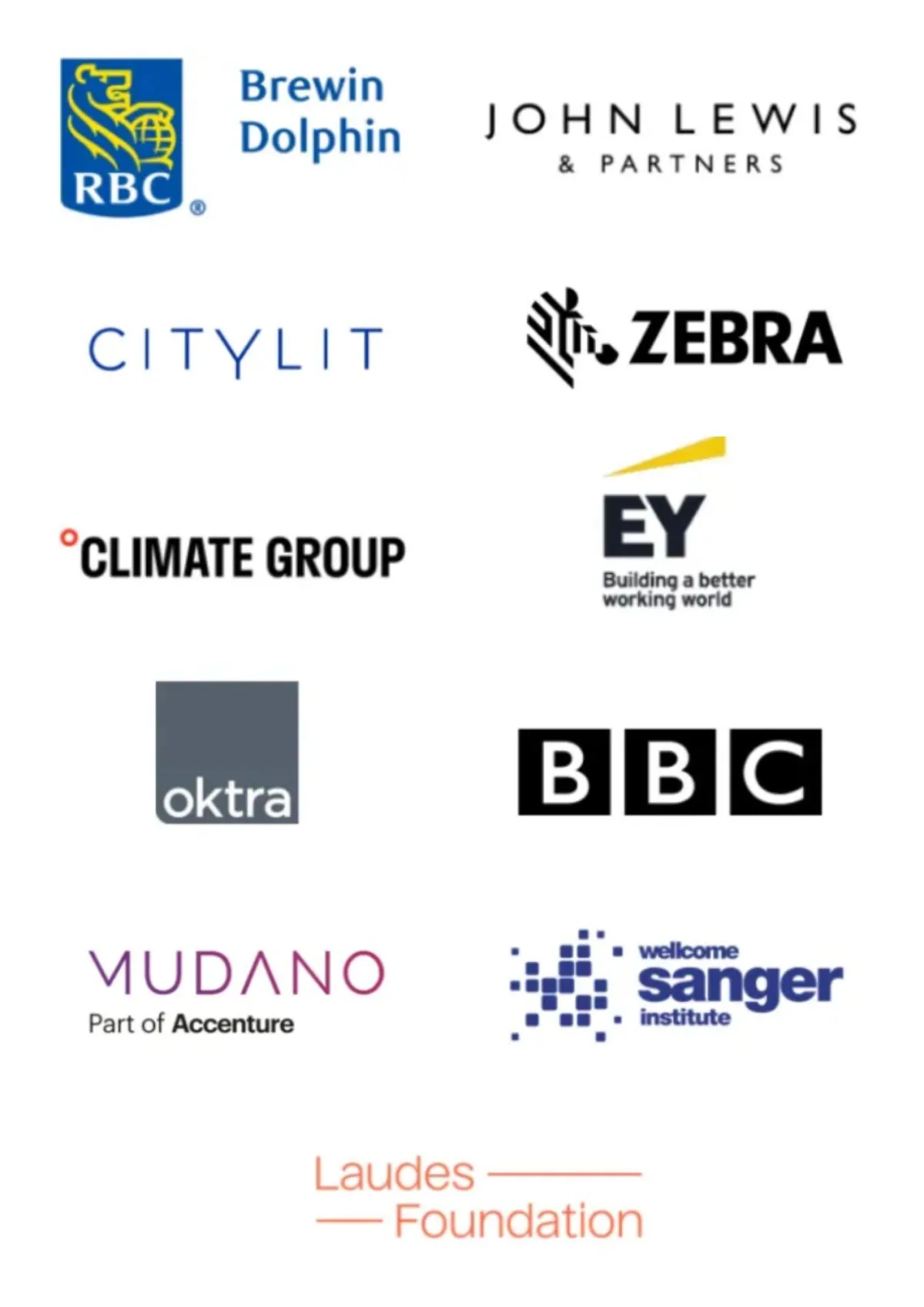THE WORDWISE
COACHING PODCAST
Feedback from Clients

Series 2 Ep 1: Gerrit Pelzer
SEASON 2 - Episode 1:
Unlocking the Power of Emotions: A Neuroscientific Approach to Leadership
In this episode Rachel is joined by Gerrit Pelzer, executive coach and managing director of Vivo Consulting. We discuss the biological underpinnings of stress and the importance of creating a supportive environment to foster creativity and peak performance. Our conversation also covers individual motivation, the power of expectations, and the benefits of mindfulness and self-awareness for emotional regulation. Gerrit offers practical advice for leaders aiming to enhance their team's well-being and productivity.
LISTEN NOW
EPISODE TRANSCRIPT

ABOUT GERRIT PELZER
Gerrit Pelzer is a highly experienced executive coach and managing director of Vivo Consulting. He's also the co-host of The Second Crack Leadership Coaching podcast. Gerrit has recently contributed a chapter to a new book, Brains Inspiring Businesses and it's his expertise in the field of coaching and neuroscience that will be exploring today.
Email: gerrit@gerritpelzer.com
Website: www.gerritpelzer.com
EPISODE RESOURCES
TOP TIPS SUMMARY
Applied Neuroscience can play a hugely important role in coaching, understanding how the brain works can help clients with behavioural change to unlock their leadership potential.
Progress with scientific analytical tools such as MRIs has accelerated our understanding of how the brain functions (and findings from modern neuroscience appear to confirm the benefits of ancient traditions such as Buddhism).
Leaders need to be aware of the impact they have on the people they are leading and emotions play a huge role in this.
Gerrit introduced a model that identifies 8 key emotions:
Those identified as Escape or avoidance emotions – sadness, shame, disgust, anger, fear.
Those identified as Attachment emotions – love/ trust and joy/ excitement.
And those who can fall into either avoidance or attachment – startle/surprise.
We still have the same brains as our hunter gatherer ancestors; it perpetuates a strong survival instinct, the brain is scanning the environment for threat.
Once the brain initiates the fight/flight response our energy goes into survival mode, stress hormones are released.
In a triggered state our energy is not available for high level functioning such as problem solving – creative thinking – innovation or optimal performance.
Leaders that can regulate their own emotions can avoid triggering the fear response and nurture attachment emotions, this will support the creation of a healthier more productive work environment.
FURTHER READING
BOOKS
Brains Inspiring Businesses for Leaders Paperback by Paul Brown (Editor), Nandini Das Goshal (Editor)
Chapter: 'Soft Skills Through the Lens of Hard Science' – Why Leaders need to Know about the Brain by Gerrit Pelzer
Buddha’s Brain – The Practical Neuroscience of Happiness, Love, and Wisdom by Rick Hanson
Whole Brain Living: The Anatomy of Choice and the Four Characters That Drive Our Life by Jill Bolte Taylor PhD
Brands that I’ve worked with


















